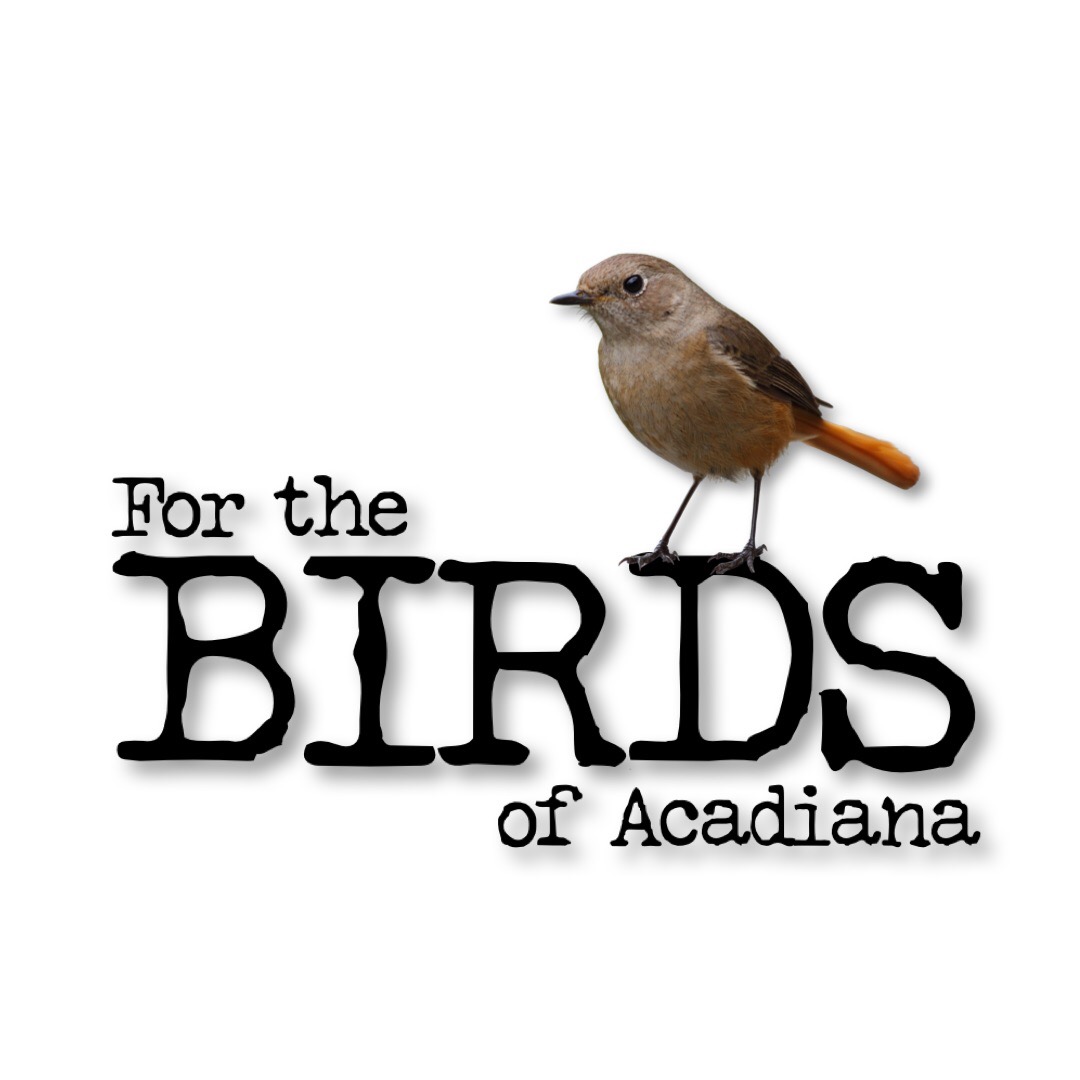Avian Influenza: What's that got to do with the price of eggs? Apparently, a lot.
- For The Birds

- Jan 13, 2023
- 2 min read
Updated: Jan 21, 2023
Darcie Ortique, a reporter with KATC TV3 recently stopped by our rehabilitation facility to ask for our input regarding the latest outbreak of the Highly Pathogenic Avian Influenza.
We discussed how we are dealing with it and the affect it has had on poultry farmers and the recent surge in the price of eggs.

According to the USDA, nearly 58 million birds have been infected with avian flu making it the deadliest outbreak in U.S. history. Infected poultry must be slaughtered, causing egg supplies to fall and prices to surge.
The recent outbreak has affected most of the United States and has been heavily concentrated in the Midwest, as well as the East Coast, according to USDA data.
Farmers across the country have had to destroy entire flocks of chickens if one or more test positive for the avian flu.
According to the USGS, although it is possible for domestic poultry to become infected with avian influenza from direct contact with wild birds, it is more likely that avian influenza viruses are spread indirectly to poultry on contaminated feed, clothing, and equipment.
Agricultural agencies encourage producers to prevent wild birds and other wildlife from coming into direct contact with their poultry, and to avoid transporting wild bird fecal material and secretions to poultry via boots, equipment, and feed.
Bird flu infections among people are rare; however, human infections can happen when enough virus gets into a person's eyes, nose, or mouth, or is inhaled.
Waterfowl and waterbirds are known carriers of the current strain of HPAI (H5N1) and many of these carriers are asymptomatic thus making it difficult to detect and allowing the virus to circulate freely.
For Wildlife Rehabilitators, it is important to learn to recognize symptoms of HPAI and to establish and maintain proper cleaning, quarantining, biosecurity protocols (including the use of personal protective equipment/PPE) especially when taking in avian species.
According to experts, symptoms of HPAI tend to be neurological and infected birds will usually display constant head twisting tilting and/or twitching. Some birds will flip or spin in circles. Most birds will die within hours after the onset of symptoms.
If you come across a bird or animal that is displaying unusual or neurological symptoms, contact LDWF or your local wildlife rehabilitator.
Other areas of the US: https://ahnow.org/
Wild birds and wild animals should always be kept away from domestic poultry, pets and humans in order to prevent and minimize the spread of disease.
No matter what, if you have to handle injured, ill or orphaned wildlife, it is always the best practice to wear gloves.
For more information on HAPI click here:
For the story featured on KATC click here: https://www.katc.com/homepage-showcase/experts-say-bird-flu-is-impacting-egg-prices





Comments